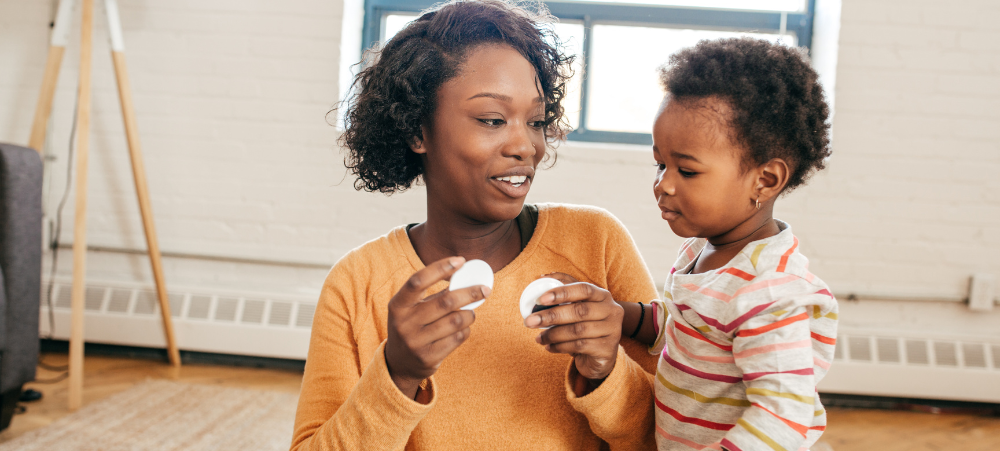You can teach a student a lesson for a day, but if you can teach him/her to learn by curiosity, he/she will continue the learning process as long as he/she lives – Clay P. Bedford
Children are naturally curious. They are constantly exploring the world around them; constantly asking questions, and constantly wondering how things work. The question, therefore, is not how do we create a curious mind, but how do we nurture a child’s curiosity so that they have a continued passion for learning throughout their lives. Learning is about discovering how life works, and children are not afraid to ask the “How?” and “Why?” questions.
A curious mind is a hidden force that drives learning, critical thinking, and reasoning. It’s about having an open and active mind. It puts the brain in a state that makes learning easier, more enjoyable, and longer-lasting. Stimulating a child’s curiosity impacts their learning and development for a lifetime.
Curious children explore their environment, devour books and information, ask questions, investigate concepts, manipulates data, searches for meaning, connect with people and nature, and seek new learning experiences.
So how do we nurture this curious mind?
- Model interest in the world, and teach them to be good observers
- When walking around wonder out loud about the things you see. The trees, the sky, etc.
- Follow the child’s lead
- Encourage their natural interests. Children learn so much more through activities that capture their attention and interest.
- Encourage them to ask questions
- Answer their questions simply and clearly, in a way, they will understand.
- Before answering though, first, ask them what their thoughts are.
- If you do not know the answer let them know that not knowing is also ok, and then model how they can go about finding the answers (eg. Internet, talking to someone, etc)
- Introduce your child to the library and foster a love for books and reading, whether it be story books or about rockets.
- Stimulate your child with open-ended questions that can’t be answered with only a “ye”, “no” or “fine”.
- Create an interesting environment, continuously rotate your supply of toys to keep things “fresh”.
- Redirect behaviour instead of discouraging it. For example, if they like pouring out water from their cup onto the floor from their highchair, move them to the floor or backyard with a bucket in front of them so they can continue experimenting with a water.
- This will also teach them problem-solving skills, creative and acceptable ways to do and get what they want.
- Allow time for open-ended activities
- Do not tell them what to do with materials like boxes, blocks, water, sand, etc; how to do it; or what it should look like in the end.
Curiosity broadens a child’s mind, and a broader mind helps in the holistic development of the child. Curiosity should therefore never be suppressed or else it can have an adverse impact on a child’s early development. As John Holt says: “Children do not need to be made to learn” since they are already born with what Einstein called “the holy curiosity of inquiry”.
By Lauren Holton, Teacher at Trinityhouse Northriding
We understand that there are many aspects that encompass a Mother, Father or Child and strive toward providing resources and services that accommodates this.
Our content is aimed to inform and educate families on issues starting from pregnancy through to the challenges of the teen-age years.
- Tips for Breastfeeding in Public: Confidence and Comfort - November 20, 2025
- Eskort launches Kiddos: South Africa’s first pork range made just for kids - November 13, 2025
- Putting the Power of Learning in Learners’ Hands During Global Education Week - November 12, 2025





